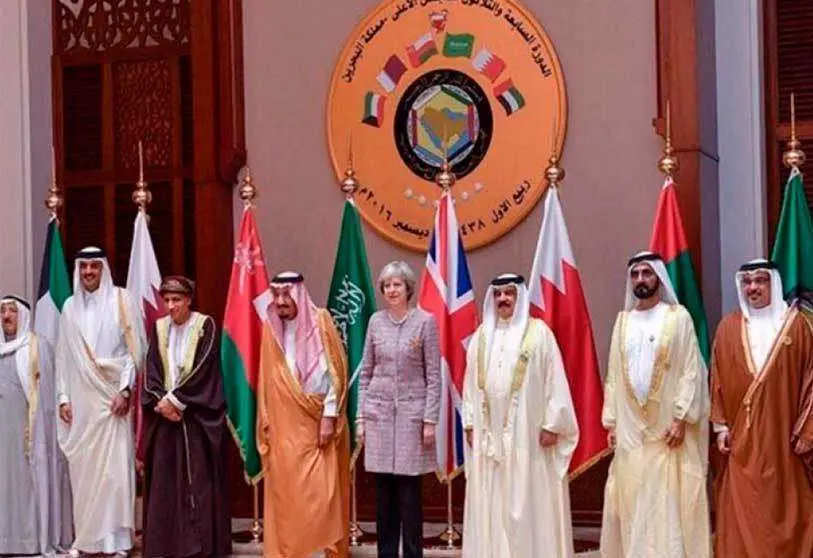The Gulf Cooperation Council faces the greatest economic challenge in its history

Surprised by the COVID-19 and the fall in oil prices, the six states of the Gulf Cooperation Council (GCC) will experience their greatest economic challenge in their history in 2020, according to the Institute of International Finance (IIF). "Restrictive containment measures and fear of contagion have weakened consumer confidence and demand. The depth of the contraction this year and the speed of the recovery expected in 2021 are subject to a high degree of uncertainty," said Garbis Iradian, chief economist for the Middle East and North Africa at the IIF.
While there are some reports of partial containment of the virus outbreak in the region, the latest Purchasing Managers' Index (PMI) for the United Arab Emirates, Saudi Arabia and Egypt indicated that these economies are easing the blockade related to COVID-19 and that businesses are improving. However, analysts stressed that the economies will continue to shrink this year. "We expect overall real GDP to contract by 4.4 percent in 2020. Oil GDP is expected to contract by 5.3 percent due to the OPEC+ output reduction agreement. Non-oil GDP could contract by 3.8 percent due to virus containment measures, falling oil prices and reduced government spending," he said.
Service sector activity will be most affected due to containment efforts and social distancing, and public and private investment will be delayed. Growth could resume in 2021 with the support of the partial reduction of oil production cuts and the gradual recovery of non-oil private sector activity. The GCC authorities have resumed fiscal adjustment despite the recession.
A wide range of measures are under way, including cuts in public spending, cuts in government employee wages and a three-fold increase in value added tax in Saudi Arabia, deferment of VAT in Kuwait and Qatar. The tightening of the GCC belt is expected to offset some of the revenue losses from oil production cuts. The IIF expects the GCC's aggregate fiscal deficit to widen from 2.5 percent in 2019 to 10.3 percent of GDP in 2020, which is equivalent to $144 billion, assuming an average Brent oil price of $40 per barrel. "We project a decline in hydrocarbon revenues from $326 billion in 2019 to $200 billion in 2020. Saudi Arabia, Kuwait, Qatar and the United Arab Emirates, with large foreign public assets, are better placed to accommodate large deficits than Bahrain and Oman," Iradian said.
Lower hydrocarbon exports will also weigh on the external current account, so much so that the IIF expects to move from a surplus of 88 billion dollars in 2019 to a deficit of 33 billion dollars in 2020, despite a projected 15 percent drop in imports. GCC capital outflows, while moderating, will continue to exceed non-resident capital inflows.
As a result, the GCC's consolidated official reserves will fall by $133.00 million by 2020. GCC's gross external public assets will remain substantial at about $2.6 billion, of which approximately 70 percent is managed by Sovereign Wealth Funds (SWF) with diversified portfolios of public equities, fixed income securities and shares in global companies.
Lower rates and financial support to the private sector are expected to provide relief in the short term. Key policy rates have been reduced by 125 bps across most of the region. The authorities have also introduced liquidity support measures amounting to 4 percent of GDP (about $54 billion) to help alleviate stress in the financial system and support the private sector, particularly SMEs.
Central banks have established mechanisms to encourage commercial entities to postpone private sector loan repayments for six months. Banking systems remain sound, with strong capitalization, adequate liquidity and relatively low NPLs. However, low and prolonged oil prices could lead to a deterioration in the asset quality of banks in the region.
The IIF does not expect a change in the short term. "In fact, the fall in oil prices has not led to significant pressure on the dollar peg, reflecting investor confidence backed by the GCC's large foreign currency public assets," Iradian concluded.









